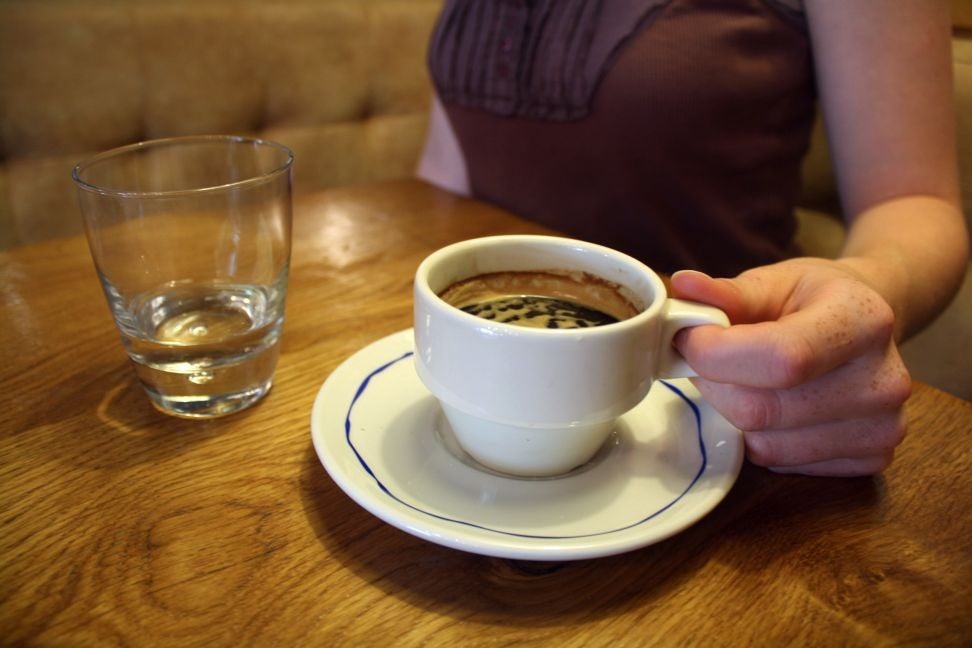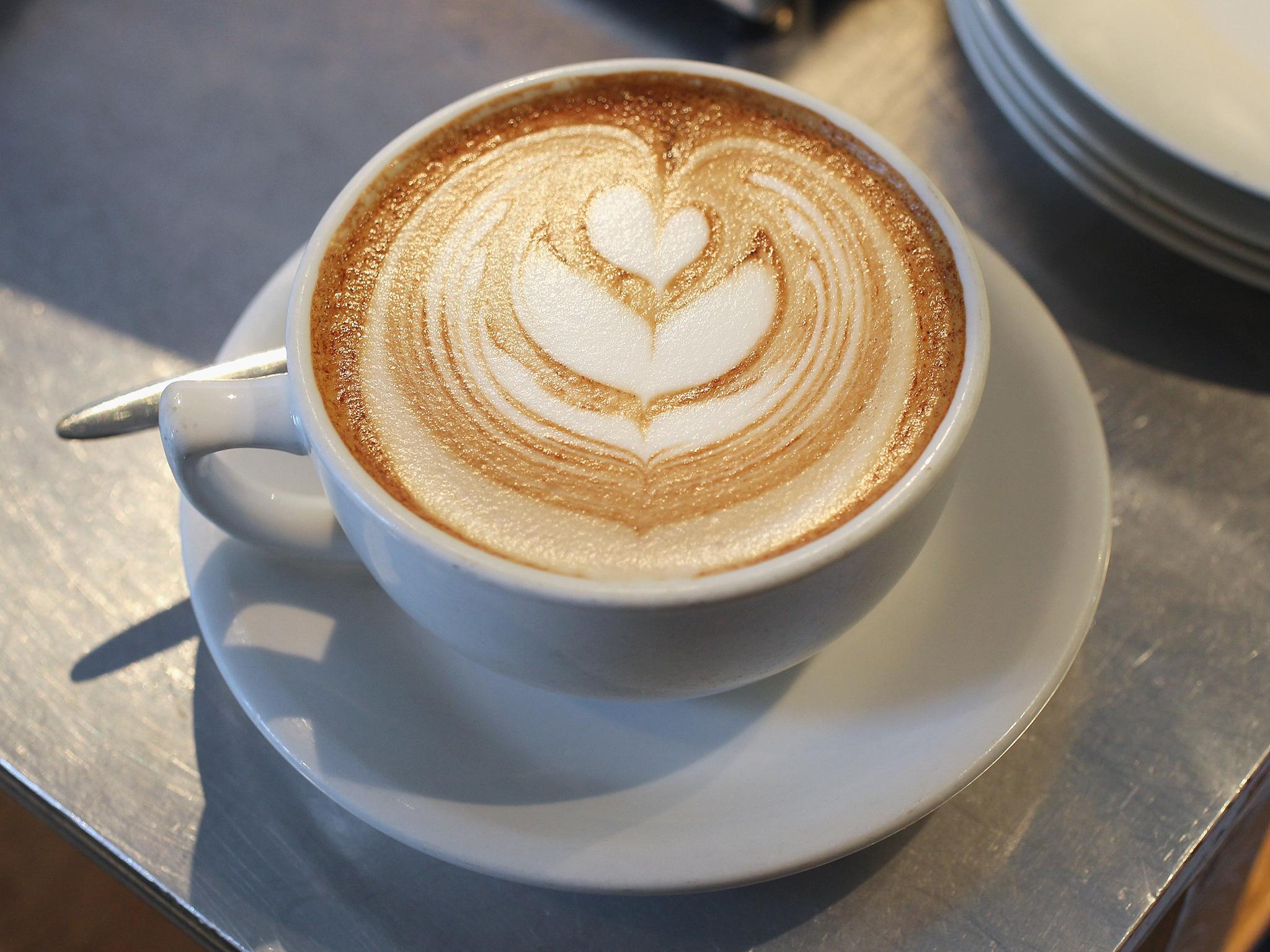Why drinking coffee first thing in the morning is a bad idea
It may be time to reconsider when you drink that first cup

Your support helps us to tell the story
From reproductive rights to climate change to Big Tech, The Independent is on the ground when the story is developing. Whether it's investigating the financials of Elon Musk's pro-Trump PAC or producing our latest documentary, 'The A Word', which shines a light on the American women fighting for reproductive rights, we know how important it is to parse out the facts from the messaging.
At such a critical moment in US history, we need reporters on the ground. Your donation allows us to keep sending journalists to speak to both sides of the story.
The Independent is trusted by Americans across the entire political spectrum. And unlike many other quality news outlets, we choose not to lock Americans out of our reporting and analysis with paywalls. We believe quality journalism should be available to everyone, paid for by those who can afford it.
Your support makes all the difference.Coffee has ingrained itself in the mechanisms of so many people's early morning routines. There is something romantic about brewing a carafe, or holding a freshly bought cup close, first thing. There is also something practical about it: Sipping piping hot caffeine as soon as possible prepares us for the day — or, at the very least, for the coming few hours.
But drinking coffee shortly after waking up, as it turns out, is actually a bit counterproductive. Not only does it undermine the caffeine's effect, but it tends to lead people to build a tolerance for the drug, thereby diminishing its effect down the road.
Our bodies produce a hormone called cortisol, which has been branded the "stress hormone," because it tends to appear when we are either stressed or fearful. But that same hormone is also a key component of our natural, day-long hormonal cycle, known as the circadian clock, which helps wake us up in the morning and wind us down at night. The gist is that when our body releases cortisol, we feel more awake.
As the above video, which was put together by the popular science explainer Youtube channel ASAP Science, shows, there is such thing as a less than ideal time to drink coffee. And that time is first thing in the morning, when cortisol levels are highest.
There are two basic problems with consuming caffeine when cortisol production is high. First, caffeine tends to interfere with the production of cortisol. The body then produces less of the hormone and relies more on the caffeine.

Second, drinking coffee while cortisol is high leads us to develop long-term tolerances for caffeine, which is why so many habitual coffee drinkers say it has less of an effect on them. In effect, caffeine replaces the boost we would ordinarily get from cortisol rather than supplementing it.
Three times throughout the day — in the early morning, around mid-day, and in the evening–cortisol levels rise.

It's during the troughs above — between roughly 10 a.m. and noon, and 2 p.m. and 5 p.m.—when people should drink coffee if they want to get the most out of their caffeine. Between those hours, the coffee is actually most needed, and, perhaps most importantly, will not interfere with our body's own essential mechanism for keeping us alert.
Studies have shown that when people talk about developing a "tolerance" for coffee, they are often talking — albeit unknowingly — about the reality that their coffee consumption has fostered a decrease in the amount of cortisol their body produces during the day.
Coffee drinkers who are exhausted in the morning without their coffee have likely altered their circadian rhythm in such a way that they need the caffeine boost in order to reach the level of wakefulness they used to achieve without it.
Sound familiar? Maybe it's time to reconsider when you drink your first cup.
Join our commenting forum
Join thought-provoking conversations, follow other Independent readers and see their replies
Comments